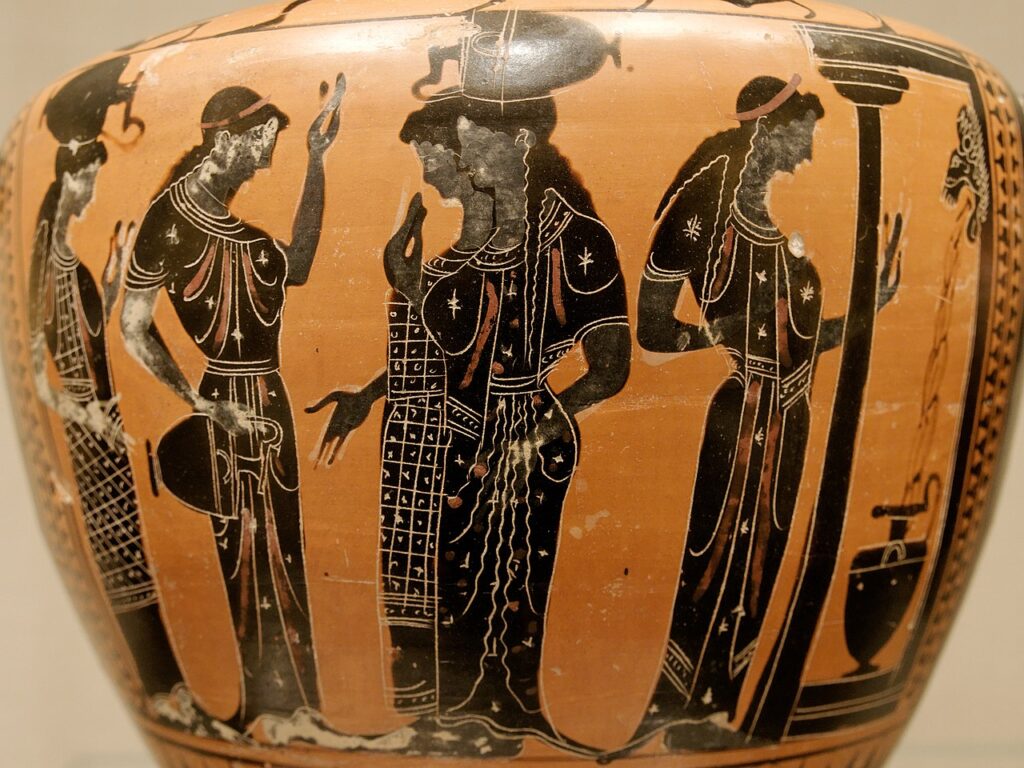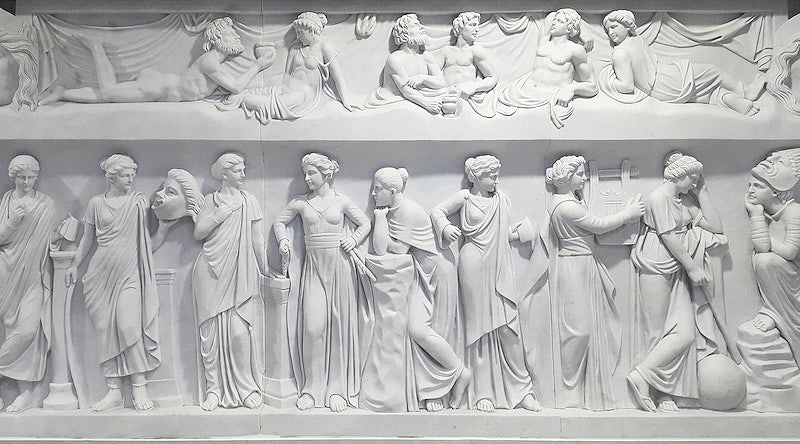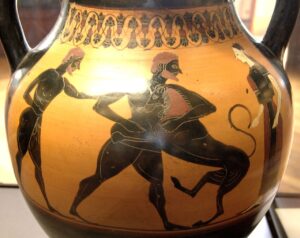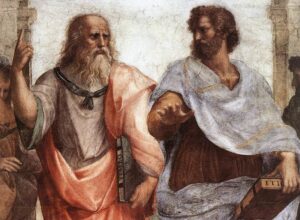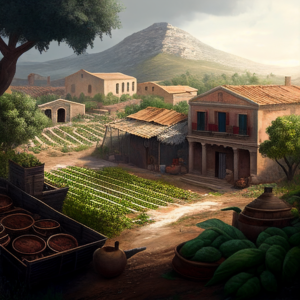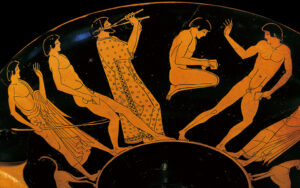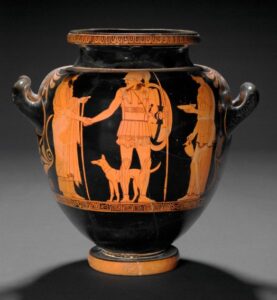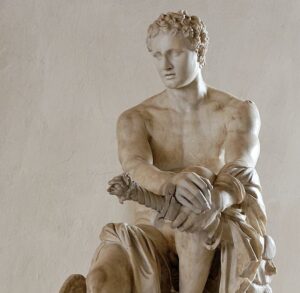The social classes of ancient Greece were important to overall ancient Greek society and culture. In fact, ancient Greek society was divided into several social classes, each with its own unique privileges, responsibilities, and limitations. The Greeks believed that a person’s status was determined by their ancestry and birth, and this was reflected in the complex social hierarchy that existed in their society. In this article, we will delve into the various social classes of ancient Greece, exploring their characteristics, roles, and influence in the society of the time.
Main Social Classes of Ancient Greece
Ancient Greek society was divided into social classes. At the top of the social hierarchy were the citizens, who were free men and women who had full political rights. Below the citizens were the metics, who were free men and women who lived in Greece but were not citizens. At the bottom of the social hierarchy were the slaves, who were owned by citizens and had no rights.
In ancient Greece, there were three main social classes: the upper class, the middle class, and the lower class:
Upper Class in Ancient Greece
The upper class, or aristocracy, consisted of wealthy landowners and high-ranking officials. These individuals had a high social status and enjoyed a great deal of privilege and power. They were often born into privilege and enjoyed a life of wealth, power, and prestige. The aristocrats also held great political influence, as they dominated the highest offices of the government. As well, they were patrons of the arts, sponsoring poets, sculptors, and playwrights, who in turn celebrated their achievements and lifestyles in their works.
Middle Class in Ancient Greece
The middle class, or the yeomanry, consisted of small farmers, artisans, and merchants. These individuals were not as wealthy as the aristocracy, but they were generally well-respected and had more social and economic mobility than the lower class. They were the free citizens who owned their own land and made a living as farmers, warriors, and merchants.
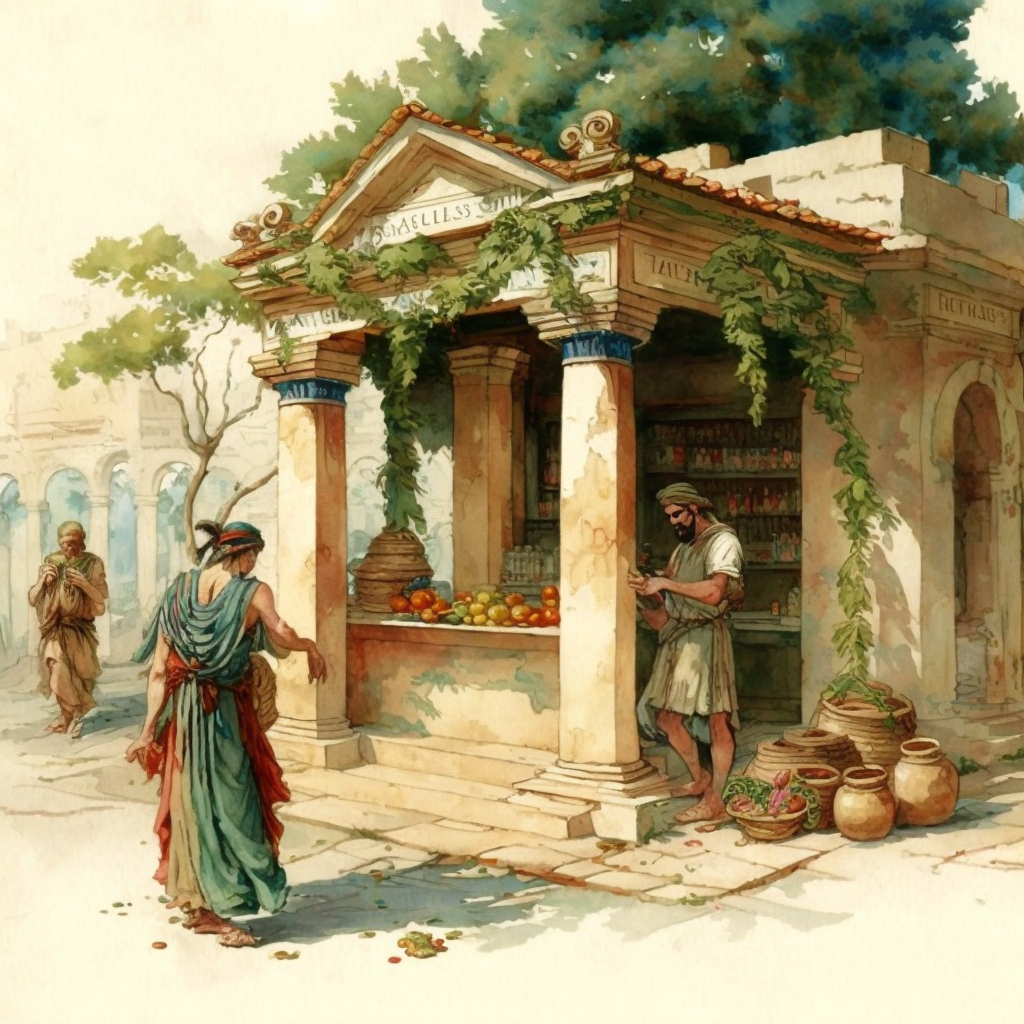
Lower Class in Ancient Greece
The lower class, or thetes, consisted of the poorest members of society, including laborers, slaves, and the urban poor. These individuals had very little social and economic power and were often at the bottom of the social hierarchy. Overall, the social class system in ancient Greece was marked by significant inequality, with the upper class enjoying a great deal of privilege and power, while the lower class had very little.
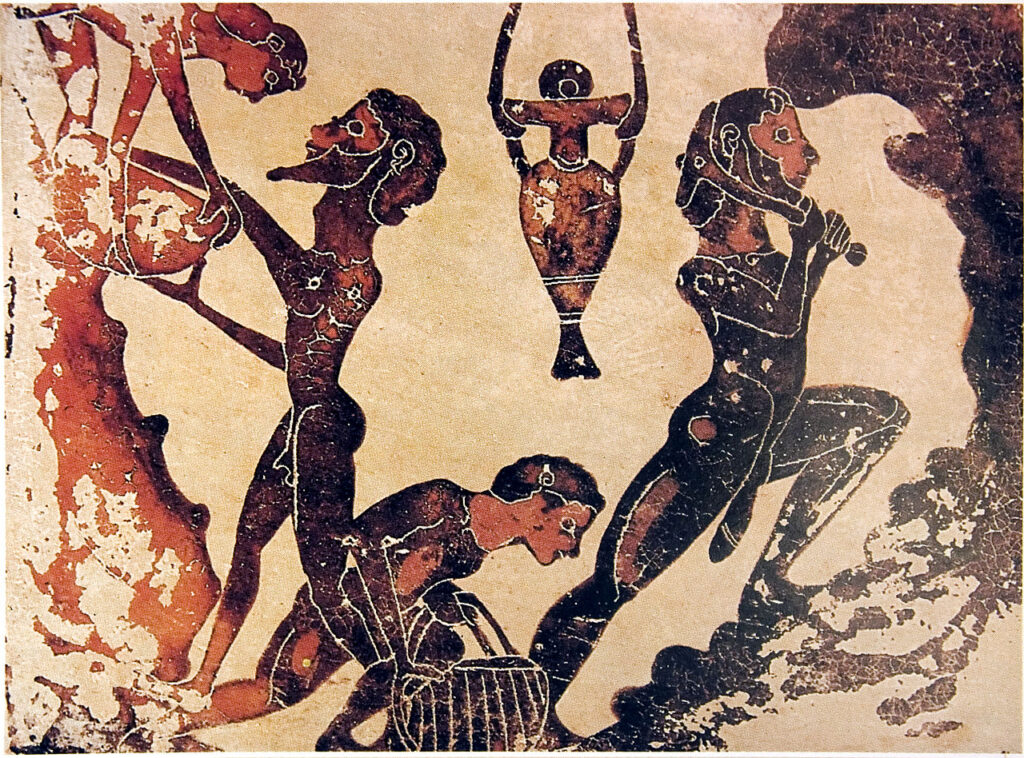
Could a Person in Ancient Greece Change Their Social Class?
As stated above, the social classes of ancient Greece were marked by significant inequality, with the upper class enjoying a great deal of privilege and power, while the lower class had very little. However, the social class system was not fixed, and individuals could move up or down in social class based on their wealth, education, and social connections. As such, it was possible, although not necessarily common, for people in ancient Greece to change their social standing.
Women in Ancient Greece
In ancient Greek society, women were not treated as equal to men. They were not allowed to participate in politics and were expected to focus on their roles as wives and mothers. Women were also not allowed to attend the same schools as men and were not given the same education.
Despite these limitations, ancient Greek society was home to many accomplished women, including philosophers, writers, and artists. It was also a society that valued education and intellectual achievement. Many ancient Greeks were avid readers and valued learning and wisdom.
